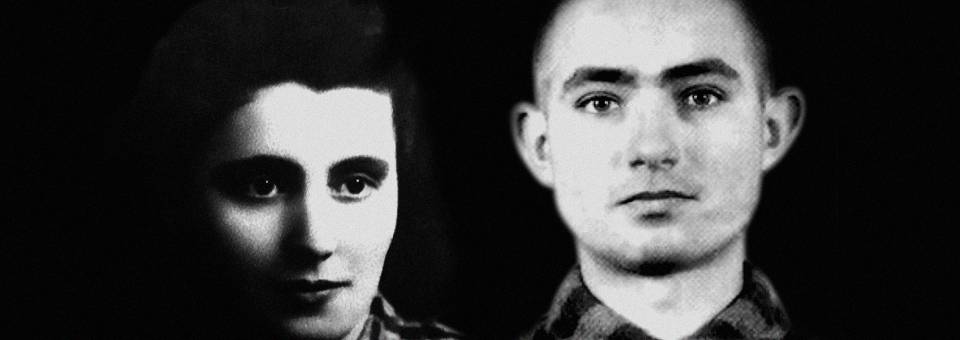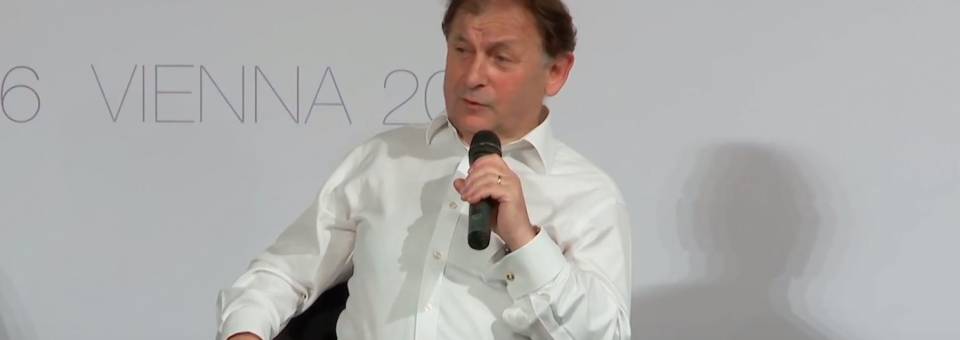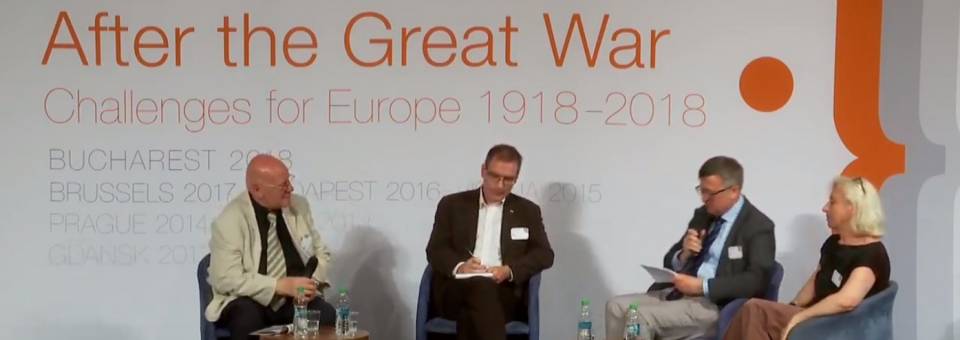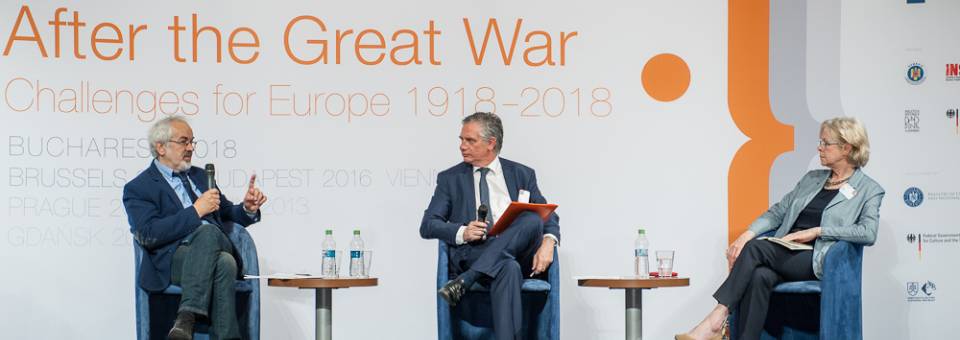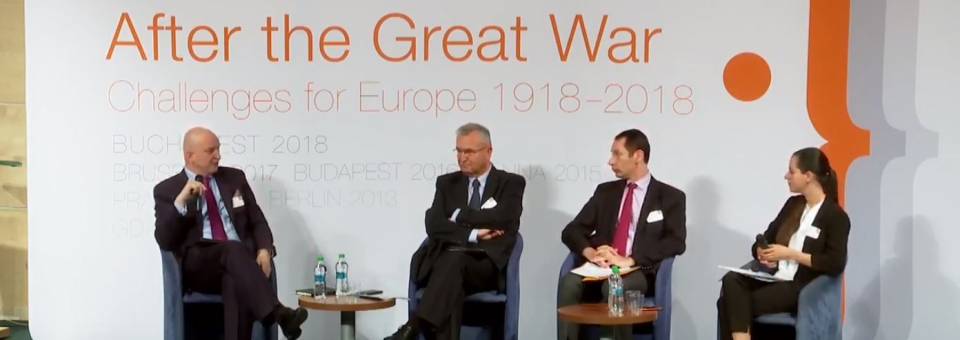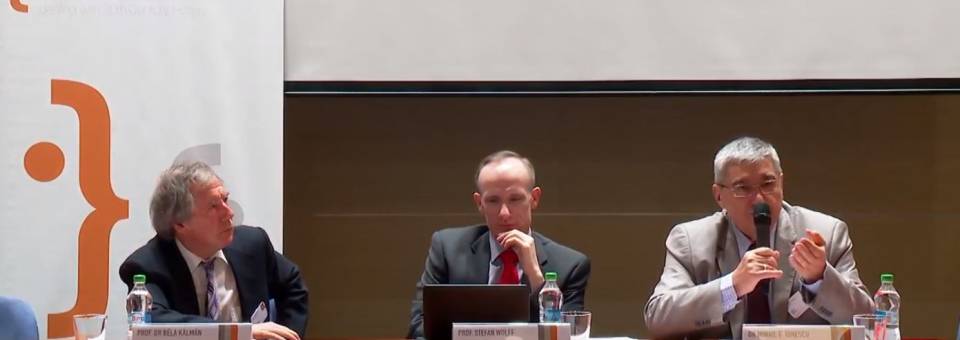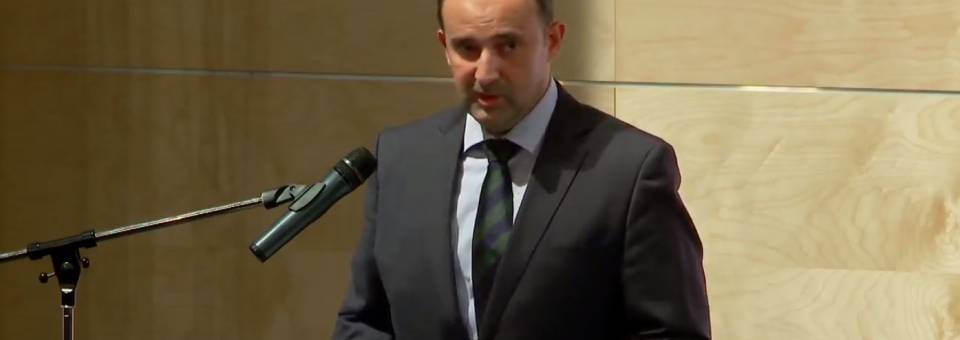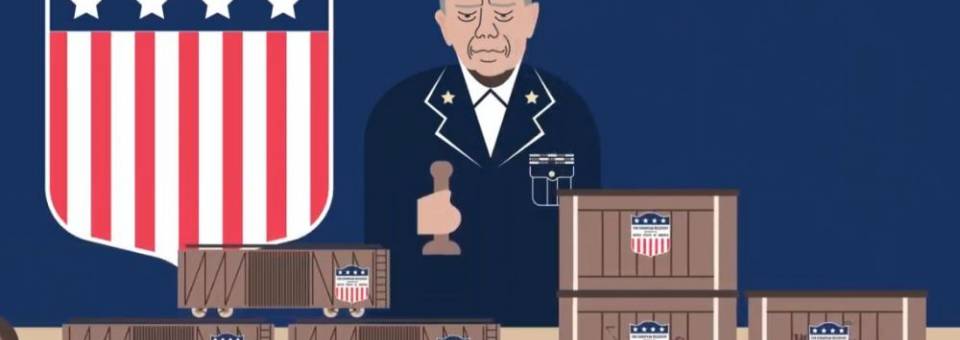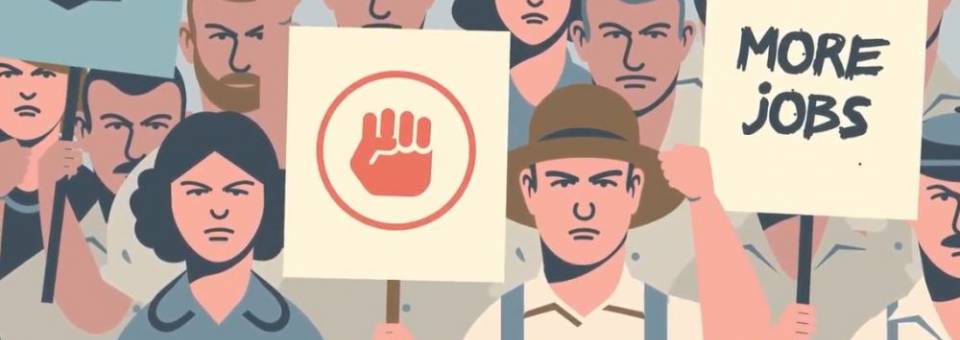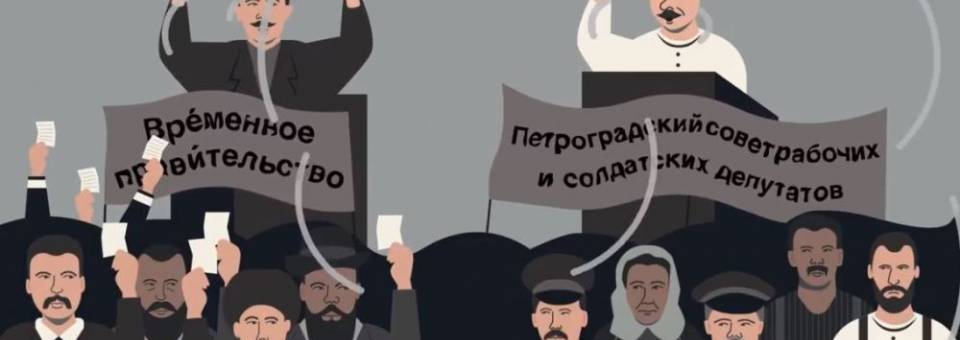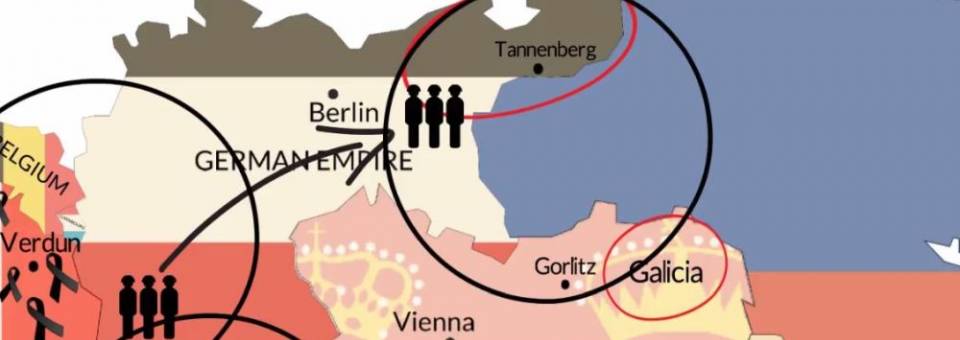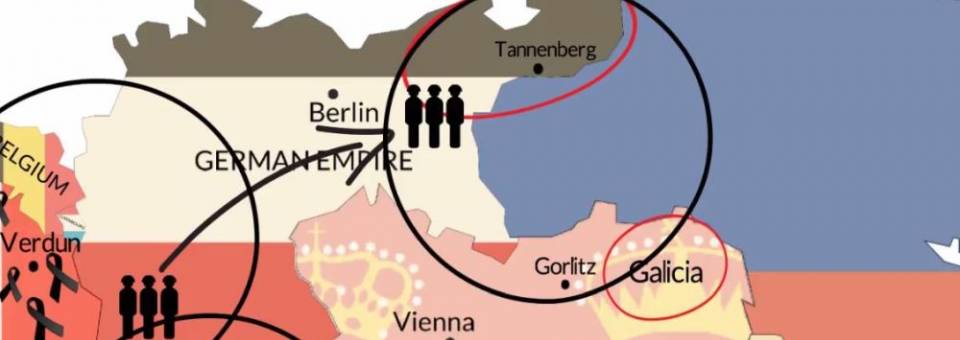Dr Chantal Kesteloot, Robert Kostro, Alan Wakefield and Acad. Răzvan Theodorescu (moderator) at the 7th European Remembrance Symposium in Bucharest. The event was organised by the European Network Remembrance and Solidarity (www.enrs.eu). Attended by over 200 representatives from over 100 institutions dealing with the history of the 20th century, it was dedicated to the remembrance and consequences of the First World War in Europe.
The goal of European Remembrance Symposium is to exchange experiences and establish methods and forms of cooperation between institutions from different countries. Representatives of European historical institutions are invited to discuss the challenges facing Europe’s idea of culture of remembrance. The meetings are open to all professionals dealing with 20th-century European history.
A series of European Remembrance symposiums was launched in September 2012 in Gdańsk. Subsequent editions took place in Berlin, Prague, Vienna, Budapest and Brussels.
